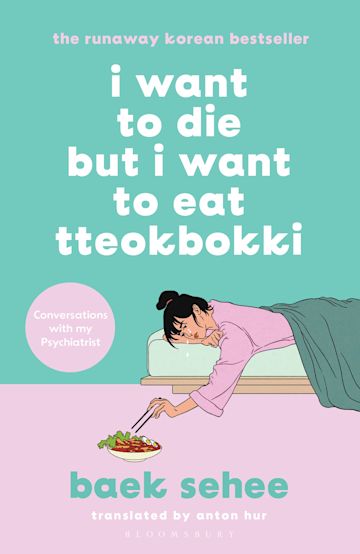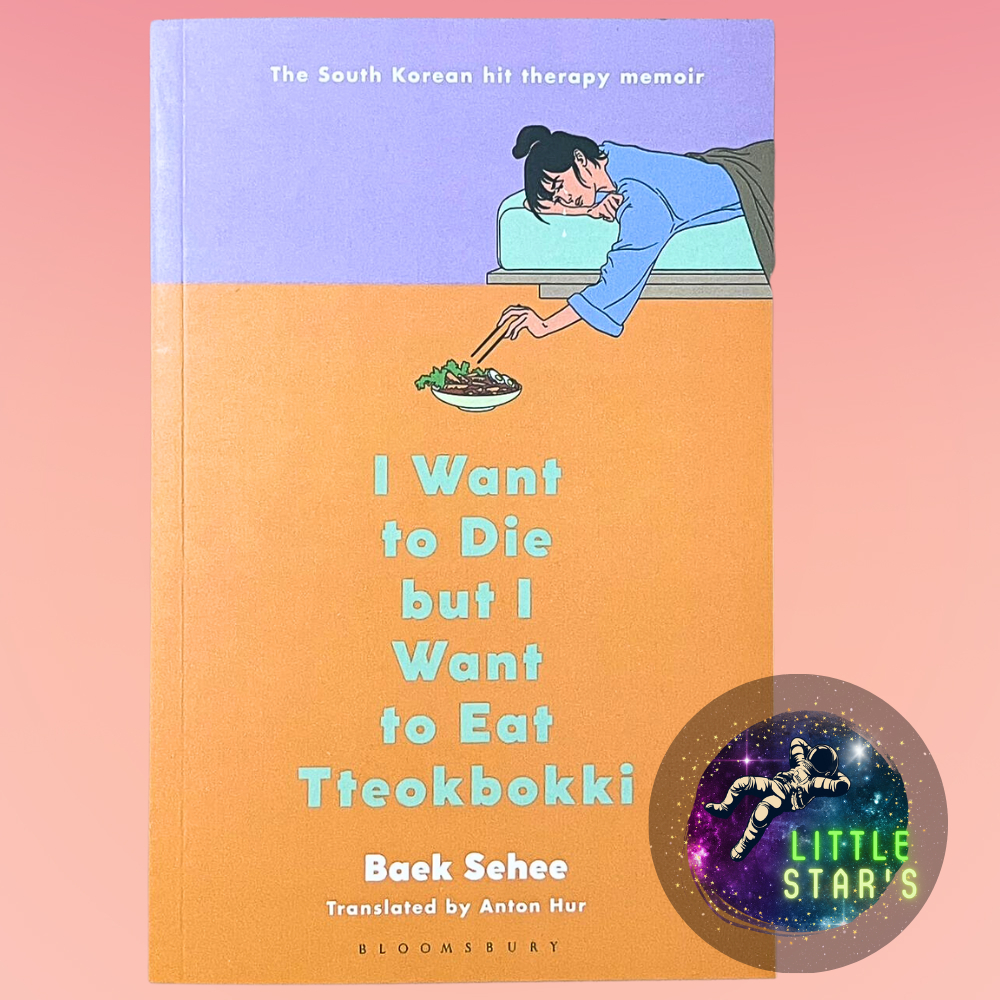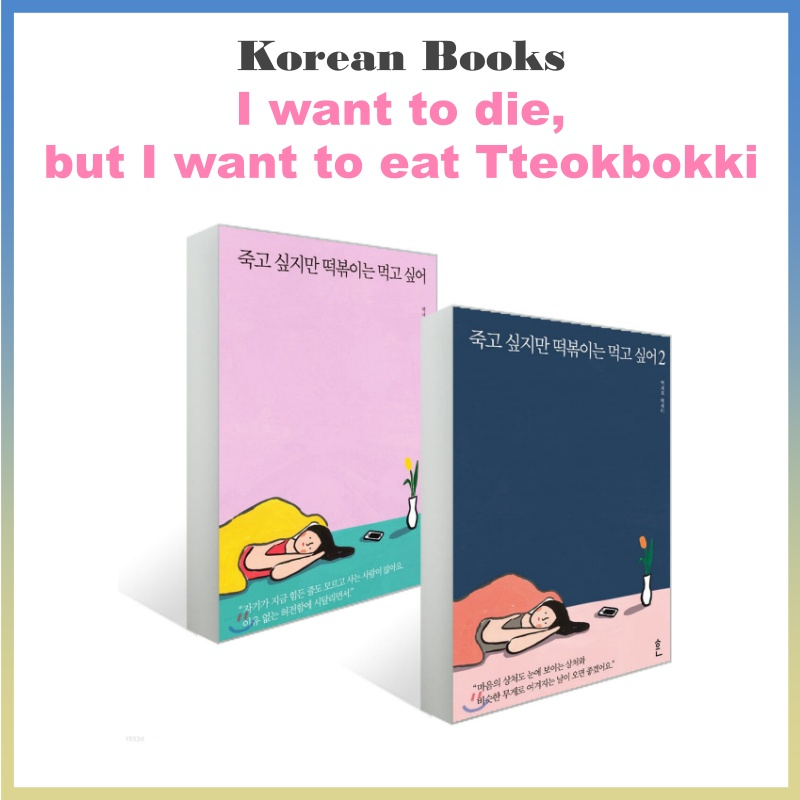In a world where mental health conversations are increasingly prevalent, the story of Baek Se-hee and her groundbreaking memoir I Want to Die but I Want to Eat Tteokbokki stands out as a beacon of honesty and vulnerability. The author, whose work has touched millions across the globe, recently passed away at the age of 35, leaving behind a legacy that continues to inspire and educate.
This article explores the meaning behind the title, the author’s journey, and the impact of her work on global conversations about mental health.
The Title That Captured a Universal Truth
The title of Baek Se-hee’s memoir, I Want to Die but I Want to Eat Tteokbokki, is more than just a catchy phrase—it encapsulates a profound truth about the human experience. Tteokbokki, a popular Korean street food, represents the simple pleasures in life, even for those grappling with deep emotional pain.
Baek once explained, “I was thinking of planning my own death, but I got hungry and ate tteokbokki.” This line captures the paradox of wanting to die yet still craving something as ordinary as a snack. It reflects the internal conflict many people face when dealing with depression or other mental health challenges—where the desire for an end to suffering coexists with the instinct to keep going.
Her choice of title was intentional, aiming to make the reader feel seen and understood. As she wrote in the book, “The human heart, even when it wants to die, quite often wants at the same time to eat some tteokbokki, too.”
The Author’s Journey
Born in 1990 in Goyang, Gyeonggi Province, South Korea, Baek Se-hee grew up in a family of three daughters. She studied creative writing at university and worked at a publishing company for five years before being diagnosed with dysthymia, a mild but persistent form of depression. During this time, she began therapy, which would become the foundation of her debut memoir.
Baek’s journey through therapy is documented in I Want to Die but I Want to Eat Tteokbokki, which was first self-published before being acquired by Munhakdongne, a prominent South Korean publisher. The book quickly became a sensation, selling over 2 million copies and being translated into more than 25 languages.
Her work gained international attention after its 2022 English translation by Anton Hur for Bloomsbury Publishing. The memoir not only resonated with readers in South Korea but also sparked conversations about mental health globally.
The Impact of the Memoir

I Want to Die but I Want to Eat Tteokbokki is more than just a memoir; it is a powerful exploration of mental health, self-acceptance, and the struggle to find meaning in life. The book is structured around recorded conversations with her psychiatrist, offering an intimate look at her diagnosis and personal experiences with depression.
Alongside these dialogues, Baek includes reflective essays on mental health, romantic relationships, societal expectations of women, and personal trauma. This blend of narrative and analysis helps normalize discussions around mental illness and encourages readers to confront their own struggles.
Critics have praised Baek’s honesty and openness, with many noting the universality of her experiences. Despite cultural specifics, the book’s message resonates with readers from all walks of life.
A Global Phenomenon
The success of I Want to Die but I Want to Eat Tteokbokki extends far beyond South Korea. The memoir has been translated into 25 languages, including Persian, and has sold over 2 million copies worldwide. Its impact has been felt in various countries, from the United States to Iran, where a Persian edition was recently published by Milkan Publications in Tehran.
Baek’s work has also received recognition from notable figures, including BTS leader RM, who helped propel its global popularity. The book has been listed among must-reads in various literary circles, including The New York Times, Foyles, and Book Riot.
The Legacy of Baek Se-hee
Baek Se-hee’s passing at the age of 35 shocked fans and readers around the world. Her death was confirmed by the Korea Organ and Tissue Donation Agency, which stated that she had donated her organs, saving five lives. Her family expressed gratitude for the “warm-hearted love” shown by the donor agency and her family.
Fans and readers shared heartfelt messages on social media, expressing how her words had impacted their lives. One fan wrote, “Her book was the catalyst to one of the most profound discussions on mental health we’ve ever had.”
Baek’s legacy lies not only in her writing but also in the conversations she sparked about mental health. Her work continues to inspire readers to seek help, speak openly about their struggles, and find strength in vulnerability.
Resources for Mental Health Support
If you or someone you know is struggling with mental health issues, there are resources available to provide support:
- In the United States, call the National Suicide Prevention Helpline at 1-800-273-TALK (8255) for free, confidential crisis support.
- In the UK and ROI, contact Samaritans at 116 123 or visit their website for local branches.
- For international support, visit www.befrienders.org to find a helpline near you.
Conclusion
Baek Se-hee’s memoir, I Want to Die but I Want to Eat Tteokbokki, is a testament to the power of honest storytelling in addressing mental health. Through her candid reflections and raw emotions, she has created a space for others to feel seen, heard, and understood.
Her legacy will continue to inspire future generations, reminding us that even in our darkest moments, there is always a glimmer of hope. As she once wrote, “The human heart, even when it wants to die, quite often wants at the same time to eat some tteokbokki, too.”
Stay updated with the latest news and insights on mental health and literature.
Author: [Name]
Title/Role: [Journalist and Mental Health Advocate]
Credentials: [Experienced writer with a focus on mental health awareness and literary analysis]
Profile Link: [Optional link to author profile]
Sources:
– Korea Organ and Tissue Donation Agency
– Samaritans
– National Suicide Prevention Helpline
Internal Links:
– Mental Health Awareness in Literature
– Global Impact of Mental Health Narratives
– Stories of Resilience and Recovery
Image Optimization:
– 
–
–
–
–













More Stories
US Trending News: The History and Legacy of Zoo York in Streetwear Culture
US Trending News: The ‘Your Mom’ White House: A Trendy Take on Political Humor
Understanding ‘You Got That Right’ in The New York Times: Context and Implications